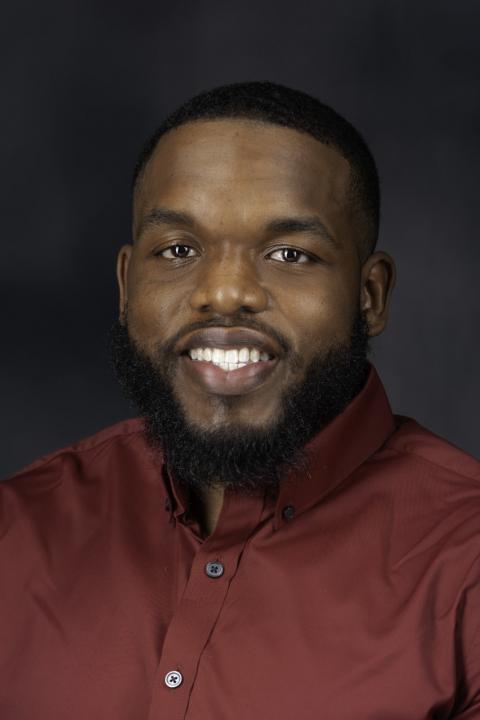Black to the Future!
тАЬEarth, environmental, and ocean sciences are of the many scientific fields that lack a diverse representation. Given the lack of diversity in these fields, it is imperative that we make a conscious effort to include everyone in tackling the necessary issues in these fields such as anthropogenic global warming or environmental degradation. Often, underrepresented groups are most effected by climatic, geological, and environmental issues.тАЭ
- Jeremy Williams, Ph.D., Assistant Professor, Department of Geology

His research revolves around geochemistry. In particular, his focus is on sedimentary geochemistry (black shales), in understanding the formation of these rock units, using these exposures in reconstructing paleoenvironments and global changes during mass extinctions, and their environmental and economic impact.
He joined ┬щ╢╣╩╙╞╡ in 2016 and now leads the ARC-GEO-Chemistry Research Lab Group which includes mentoring a diverse group of Ph.D. and masterтАЩs students. To learn more about his work, visit:
In 2021 he was awarded a Career Enhancement Fellowship for Junior Faculty to lead a research project titled тАЬUnderstanding Trade and Economies of Pre-Historic Americans in the Midwest through Geochemical Techniques.тАЭ The fellowship, funded by The Andrew W. Mellon Foundation and administered by Citizens & Scholars since 2001, seeks to increase the presence of underrepresented junior and other faculty members in the humanities, social sciences, and arts by creating career development opportunities for selected Fellows with promising research projects.
The program provides Fellows with a six-month or one-year sabbatical stipend; a research, travel, or publication stipend; mentoring; and participation in a professional development retreat. The Career Enhancement Fellowship has supported more than 400 junior faculty members, creating a robust network of scholars committed to eradicating racial disparities in core fields in the arts and humanities.
тАЬI believe the best way to engage diverse audience in geoscience is to provide students with opportunities and make it relatable and impactful to their daily activities,тАЭ
Williams states on his lab groupтАЩs website.
Williams participated in the Sparks for Change Program to bring in undergraduate students from Historically Black Colleges and Universities (HBCUs) along with underrepresented students at ┬щ╢╣╩╙╞╡ to work in research laboratories. He also helps to create a pipeline to recruit more exploratory students from undecided majors, supports the peer mentorship program, and helps to create relationships with high school students taking introductory classes at ┬щ╢╣╩╙╞╡.
тАЬIt is imperative that we push for diverse representation to advance the future needs of our civilization and close the gaps of social inequality,тАЭ
Williams said.
